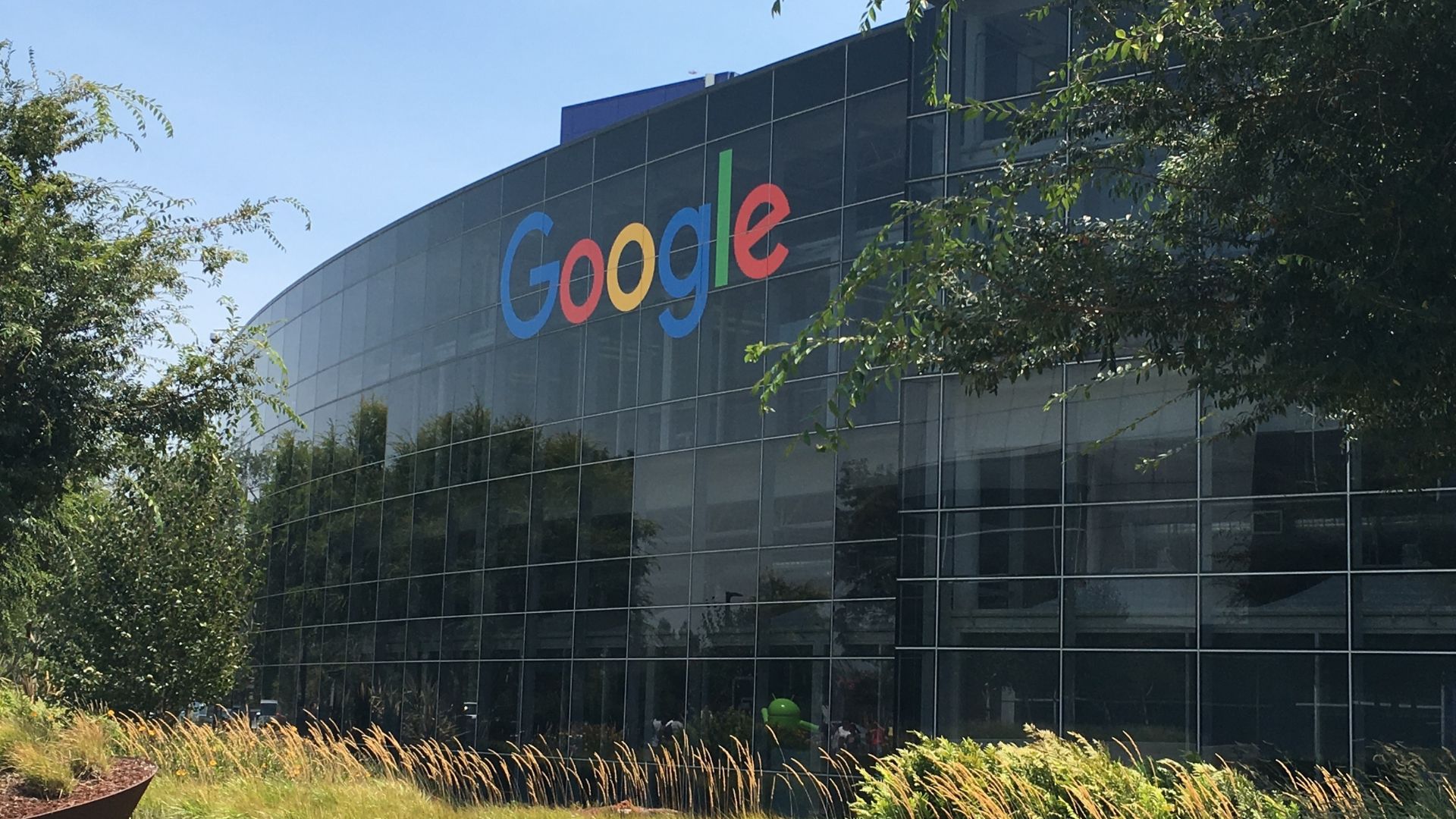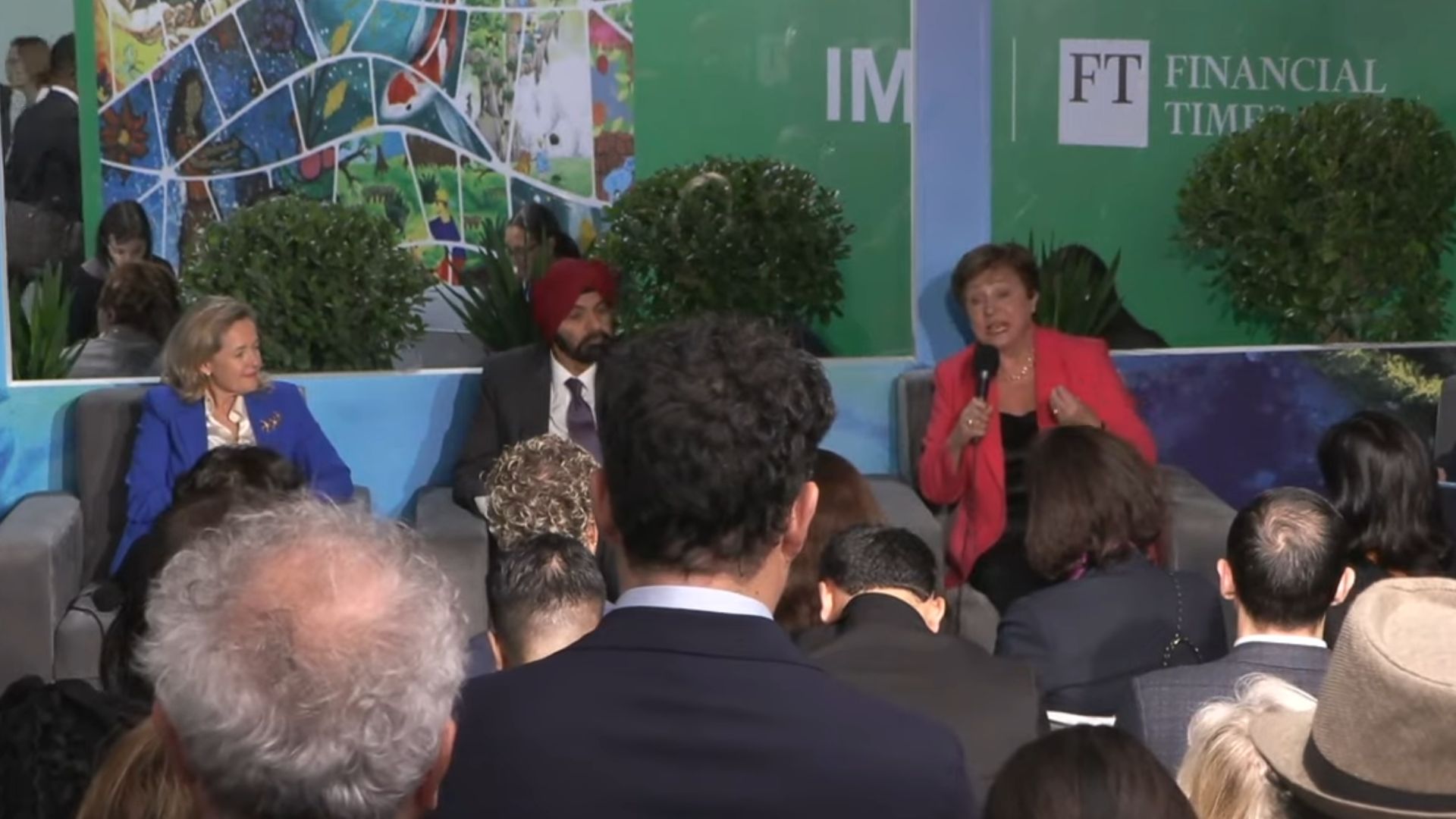ALEXANDRIA, Va. (Diya TV) — For the second time in less than a year, Google has been labeled an abusive monopolist by a federal judge—this time for illegally exploiting its dominance in the online advertising market to inflate profits and suppress competition.
U.S. District Judge Leonie Brinkema issued the ruling Thursday, marking another major legal setback for the tech giant as it faces intensifying antitrust scrutiny. The 115-page decision targets Google’s advertising technology (ad tech) system, which the Justice Department accused of monopolizing the digital marketing ecosystem to the detriment of online publishers and advertisers.
“For over a decade, Google has tied its publisher ad server and ad exchange together through contractual policies and technological integration,” Brinkema wrote, stating that this strategy allowed Google to “establish and protect its monopoly power” in key markets.
The judge found that while the company did not violate antitrust laws when it acquired ad tech firms DoubleClick in 2008 and Admeld a few years later, it later abused its dominant position by restricting competition and limiting alternatives for web publishers. The acquisitions helped cement Google’s control, but Brinkema concluded they were not inherently anticompetitive in isolation.
The case stems from a 2023 lawsuit filed by the Justice Department under the Biden administration, following an earlier suit during President Trump’s term that targeted Google’s search engine. In August 2024, another federal judge ruled that Google had been illegally leveraging its dominance in search to suppress competition and innovation.
With both cases resulting in victories for the government, the focus now shifts to remedy hearings that could lead to sweeping penalties. In the search monopoly case, the Justice Department has proposed requiring Google to divest its Chrome web browser—a core product tied closely to its search and ad businesses. Those hearings begin Monday in Washington, D.C., before U.S. District Judge Amit Mehta.
The penalty phase in the ad tech case is expected to begin later this year or in early 2026. Among the potential remedies floated by the Justice Department is the forced divestiture of Google Ad Manager, a suite of tools that includes its publisher ad server and ad exchange.
Throughout the trial, the government argued that Google manipulated digital advertising auctions to favor its own platforms, creating a “byzantine” system that hurt news publishers and independent websites relying on ad revenue. Witnesses from major publishers like Gannett and News Corp. testified to the challenges of operating in a market with few viable alternatives to Google’s tools.
Despite the ruling, Google maintains that its ad tech services offer value and choice. “We disagree with the Court’s decision regarding our publisher tools,” said Lee-Anne Mulholland, Google’s vice president of regulatory affairs, in a statement. “Publishers have many options and they choose Google because our ad tech tools are simple, affordable and effective.”
Google plans to appeal both monopoly rulings. The company has argued that the Justice Department’s case is based on an outdated view of the advertising market, failing to account for competition from players like Meta Platforms, Amazon, Microsoft, and Comcast. During opening arguments, Google attorney Karen Dunn criticized the government’s market definition, calling it a “time capsule with a BlackBerry, an iPod and a Blockbuster video card.”
Even so, analysts had anticipated a loss for Google in the ad tech case. Brian Pitz of BMO Capital Markets noted that the company’s legal risks had already been priced in by investors. Shares of Alphabet Inc., Google’s parent company, slipped 1% in Thursday trading and have fallen roughly 20% year-to-date.
As the tech giant prepares for appeals and penalty hearings, the broader implications for Google’s business—and the digital ad industry—remain uncertain. What’s clear is that the U.S. government’s effort to rein in Big Tech has entered a more aggressive phase, with Google now the centerpiece of two landmark antitrust cases.




